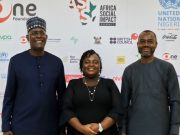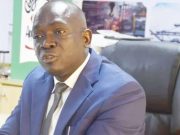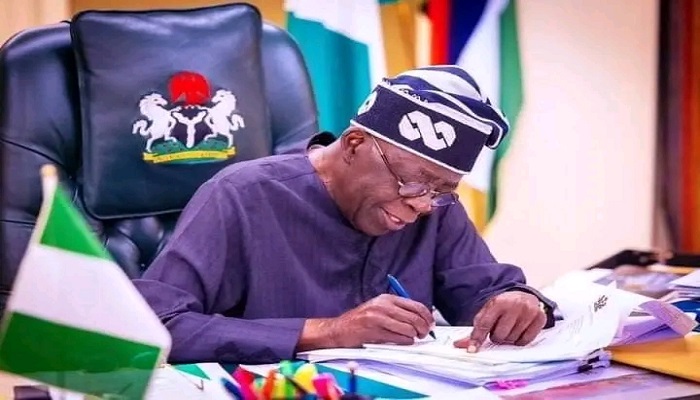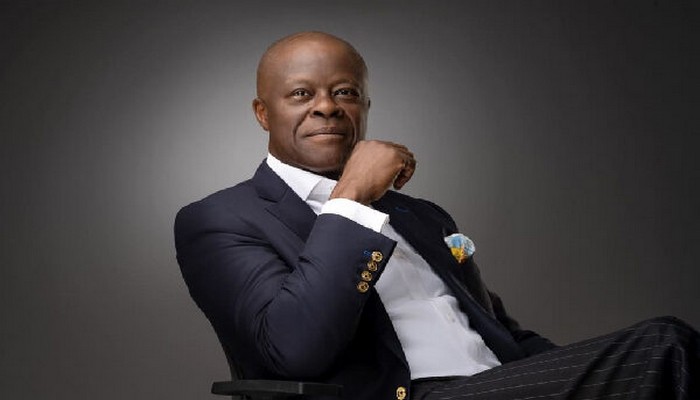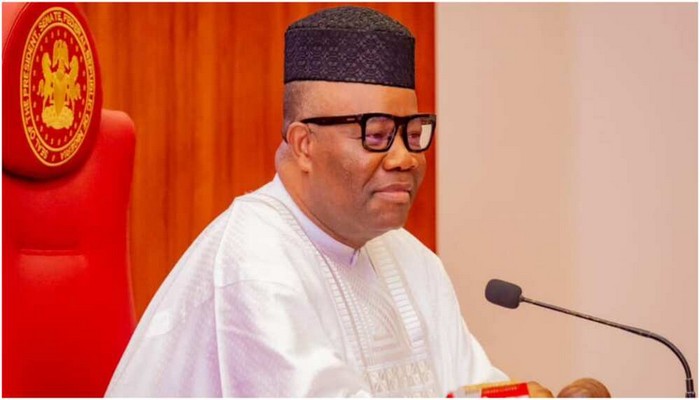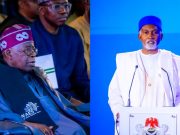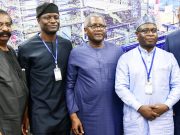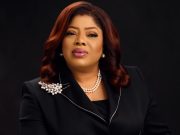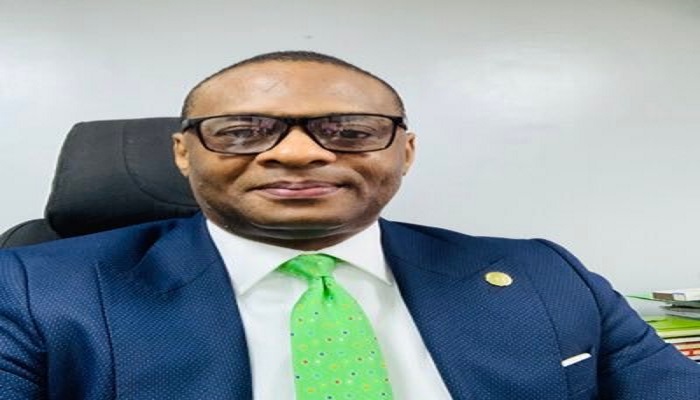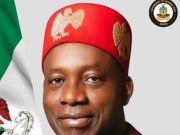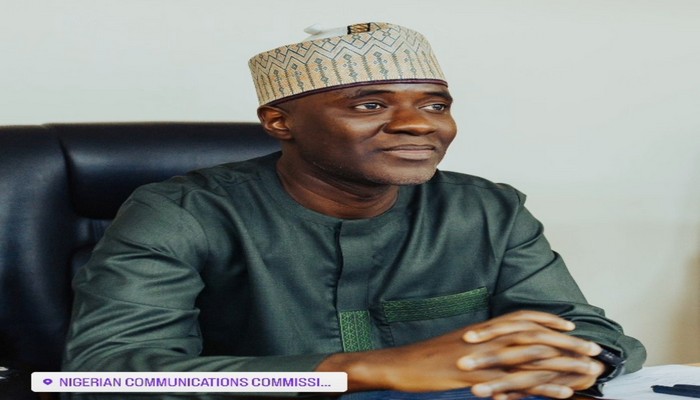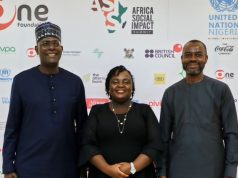Nigeria’s candidate for the position of the Director-General of the World Trade Organisation (WTO), Dr.Ngozi Okonjo-Iweala, has lamented that the organisation “delivered disappointingly” in major trade agreements.
In an article published on Monday, Mrs Okonjo-Iweala noted that “since its establishment in 1995, the WTO has failed to conclude a single trade-negotiation round of global trade talks, thus missing an opportunity to deliver mutual benefits for its members.”
In the piece, published by Project Syndicate, she argued that the Doha Development Round, which began in November 2001, was supposed to be concluded by January 2005. Fifteen years later, she wrote, WTO members are still debating whether the Doha process should continue, with some thinking it has been overtaken by events, while others want to pursue further negotiations.
She argued that any candidate that emerges as the new WTO Director-General will face a major challenge in global trade talks, among other concerns.
“The WTO has so far delivered disappointingly few other notable agreements as well, apart from the Trade Facilitation Agreement, which entered into force in February 2017, and the 2015 decision to eliminate all forms of agricultural export subsidies,” Mrs Okonjo-Iweala wrote.
“Meanwhile, some of its members have worked together on a raft of much broader regional trade deals that cover pressing issues such as the digital economy, investment, competition, the environment, and climate change.
“The Doha Development Round, which was intended to modernize the WTO’s rulebook, covers very few of these topics. And even some of the organization’s existing rules can easily be circumvented, thereby upsetting the balance of rights and obligations among members. During the current COVID-19 crisis, for example, some countries have imposed questionable export controls on medical supplies and food products in order to mitigate shortages.”
Despite these, she said that the WTO has not been a “failure.” Rather, she said, it has built upon the successes of its predecessor, the General Agreement on Tariffs and Trade, which entered into force in 1948. The rules-based multilateral trading system that began with GATT has contributed immensely to global economic growth over the last seven decades, by reducing average tariffs and steadily eliminating non-tariff barriers, she explained.
“As a result, living standards have improved in most countries. Moreover, rules-based global trade has helped to underpin peace and security, because trading partners are more likely to resolve differences through negotiations than through armed conflict.1
“Nonetheless, WTO members today recognize the need to reboot the organization for the twenty-first century. Developed countries believe that they have shouldered the burden of trade liberalization for far too long, and that developing countries should shoulder more obligations if they are in a position to do so. Least-developed and low-income developing countries, meanwhile, say that WTO rules are hampering their efforts to grow and modernize their economies.
“Over the last two decades, international trade has become a bogeyman for critics who blame it for the economic woes some countries face. But trade is not a zero-sum game: rights and obligations can be balanced, as the evolution of global and regional trading rules since 1948 has shown. The question facing the WTO and its members now, therefore, is how to make progress and reach mutually beneficial agreements.”
The former Nigerian finance minister urged all members to participate in the WTO’s activities because that is the only way the organisation can regain its credibility and carry out its rule-making function.
“New negotiations must therefore take account of members’ varying levels of economic development, and aim – as ever – to reach fair and equitable agreements,” she wrote.
“Other crucial priorities for the WTO include enhanced transparency, in the form of timely notifications of countries’ trade measures, and an effective dispute-settlement system that commands the confidence of all members.
“A moribund WTO does not serve any country’s interest. An effective, rules-based international trade system is a public good, and failure to revive it will undermine governments’ efforts to pull the global economy out of the recession caused by the COVID-19 pandemic.”
Okonjo-iweala’s nomination has been trailed by controversies in recent weeks.
As captured by Premium Times, On June 4, President Muhammadu Buhari announced Mrs Okonjo-Iweala as replacement for Nigeria’s previous nominee for the post, Yonov Agah.
Barely 24 hours after the announcement, the Egyptian government petitioned the AU Commission (Commissioner of Political Affairs/Office of Legal Counsel), and sought Mrs Okonjo-Iweala’s disqualification from the race.
In its protest letter to the Permanent Missions of the WTO Member-States of the Ministerial Committee on Candidatures, the Egyptian government said the decision to withdraw Mr Agah’s candidature meant Nigeria had forfeited its chance to participate in the race.
The Egyptian government said three African candidates had already emerged following their endorsement by the Executive Council of the AU to contest in the elections vide its decision EX.CL/December. 1090(XXXVI) of February 2020.
It listed the three candidates to include the representative of Benin Republic, Eloi Laourou, Abdulhameed Mamdouh of Egypt, and Nigeria’s Agah, who is currently one of the four Deputy DGs of the WTO.
On June 15, the AU in its response to the Egyptians government’s petition said Mrs Okonjo-Iweala’s candidacy violated the extant rules of the organization, which requires the African representative in the race to emerge through an AU sanctioned consensus process.
The AU’s counsel said Mrs Okonjo-Iweala’s nomination came after the November 30, 2019 deadline set by the ministerial committee on candidature for AU member-countries to present their nominees for the WTO DG race.
The Nigerian government has since reacted to the AU’s decision, stoutly defending Mrs Okonjo-Iweala’s candidate in the WTO DG race.
The response by the Nigerian Embassy and Permanent Mission to the AU on behalf of the Nigerian government was contained in a Note verbale to members of the AU ministerial committee on candidature.
In the diplomatic communication, Nigeria totally rejected the opinion of the legal counsel on Mrs Okonjo-Iweala’s nomination.
The Nigerian government said the nomination did not contravene any laws as it was not a fresh nomination, but a replacement of its previous nominee, Yonov Agah.
On Monday, the Economic Community of West African Countries (ECOWAS) endorsed the candidacy of Mrs Okonjo-Iweala, for the World Trade Organization (WTO) Director-General elections.
The endorsement by the 15-member-state regional group is a boost to Mrs Okonjo-Iweala candidature in the race following last week’s decision by the African Union (AU) to reject her nomination.
The president of ECOWAS, Mahamadou Issoufou, who announced the endorsement in a statement dated June 19, 2020, said the decision was taken based on the authority of the Heads of State and Governments of its member-countries.
He urged other African countries as well as non-African countries to join in endorsing the candidature of the former World Bank Managing Director, considering the need to field a strong and formidable African representative in the elections.
For the WTO top job, Okonjo-Iweala would be squaring up against the Mexican representative, Jesús Seade Kuri, and Abdel-Hamid Mamdouh of Egypt.


